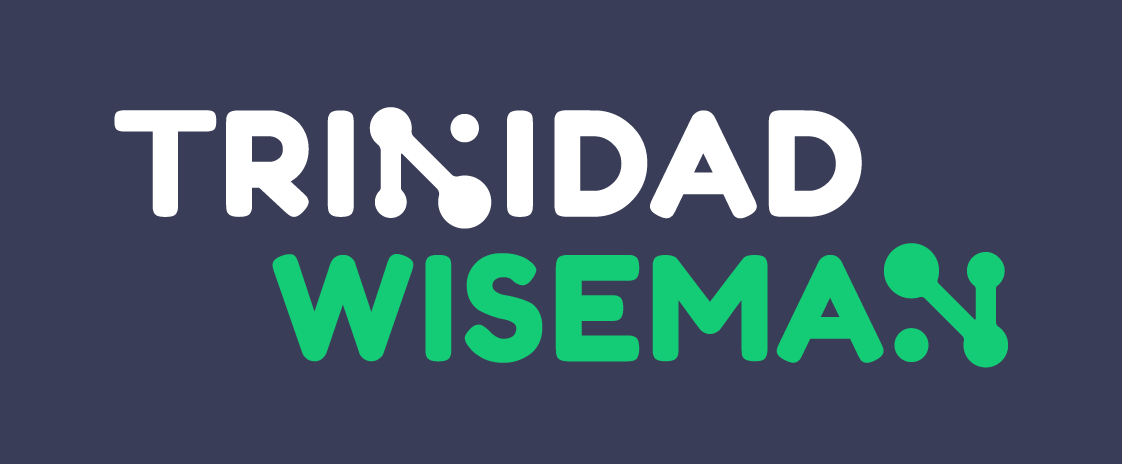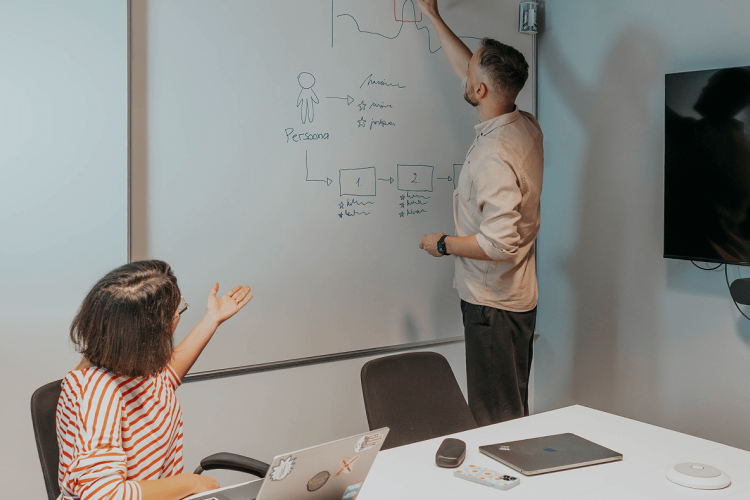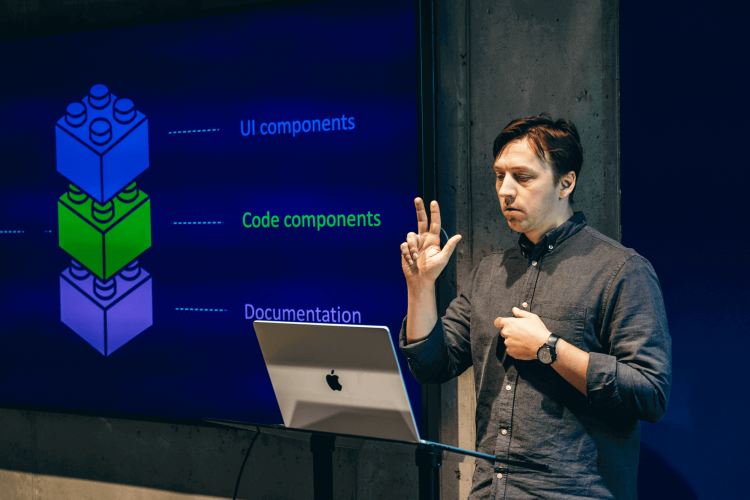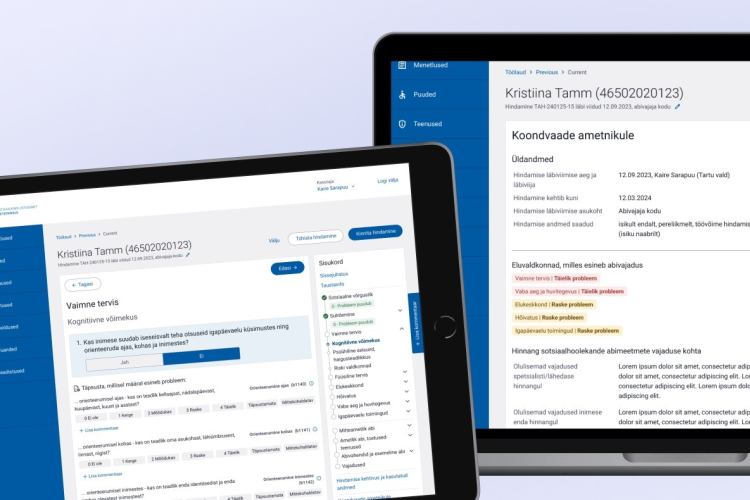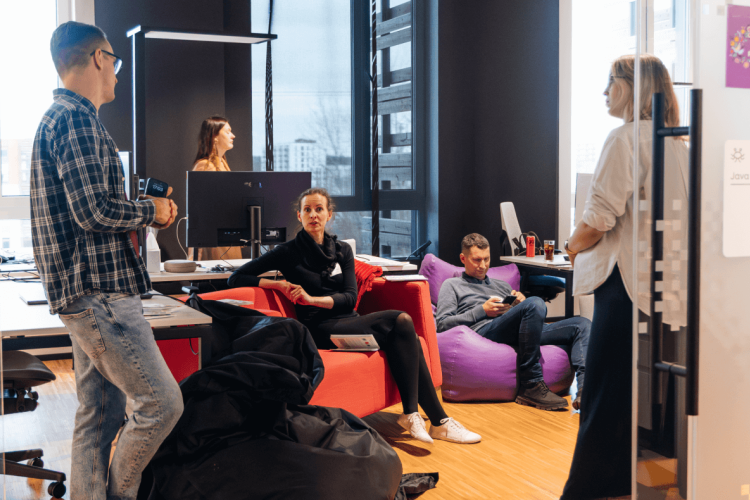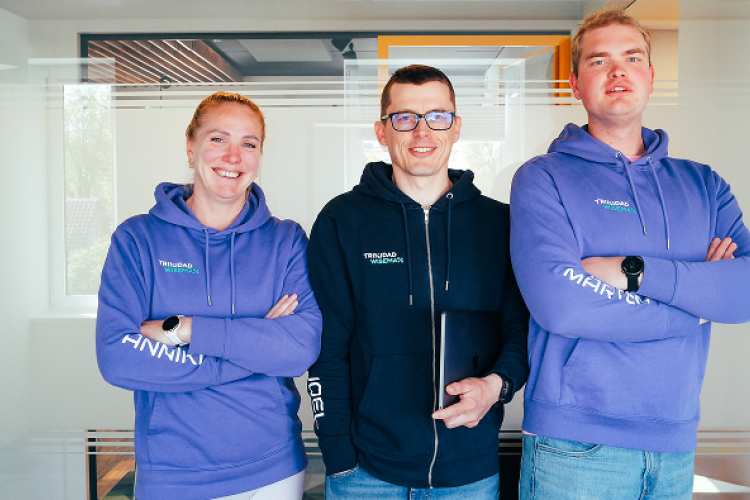An Interview with Dr. Jettie Hoonhout, Senior Scientist at Philips Research
Some time ago we had the chance to interview Jettie Hoonhout who is a senior scientist at Philips Research. Jettie was one of the researchers behind the Philips Ambilight technology used in Philips wake-up lamps and Ambilight series of TV-s.
Hi Jettie, I guess a lot of readers want to know a little about you, can you give us a quick overview?
I’m Dutch. Maybe should say that I am European. I bring a Dutch heritage with me and I think that’s why I like working at Philips Research so much. It's a very multinational type of organization.
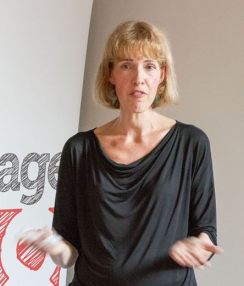
I studied psychology and quite soon discovered that I like cognitive psychology the most. In a way it’s the most engineering oriented part of psychology. Cognitive psychology also had this discipline called human factors that really got my attention.
Where did you work before Philips?
I worked for Shell, on very large and complex systems, designing information displays for large refineries. One thing I learned from working with operators is that simplification is not always a good thing.
A good example of this is the Honeywall case where complex screens were switched with a system familiar from traffic lights.
In the end the operators started complaining that the new system gave them a lot less information to act upon than before. They lost the ability to predict issues in the system. So it’s not about making things simpler. It’s more about improving the overall workflow.
You work on designing new products that many people use daily. Can you walk us through your work process?
I think that a lot of what I do is about communication and systematically collecting user data and making sense of it all. We validate our ideas first on people from our own company and then with people from the outside world who are not in any way involved with the project.
Testing is needed because I might think that my idea is good, but do the end users think the same? Results can be very surprising. This is why you should always test your ideas and concepts.
Are some research or testing methods better than the rest?
There are no bad methods, only ineffectively used methods. Focus groups being the only exception. I am in fact running a test at the moment on my students to prove that focus groups don’t work and the initial results are very promising.
What would you say to those who believe focus groups is the best thing ever since sliced bread?
Focus groups do not work. Pick up a good book on social psychology and you will see why they are doomed to fail.
Say you have 8 participants and 2 hours for the interview. Not everyone will speak at once, while some people are more vocal and some agree with everything others say. In the end you will be left with poor quality data. To me it is a lazy person’s way of doing research.
What do you think about Gamification?
I am very interested in it and I believe that we can learn a lot from games. We always explore different ways to help people make changes to their lifestyle – to be more active or making smarter dietary decisions - and this is where game elements can be very helpful.
But gamification can't be used everywhere. There are limitations. For example, can I use game elements on a new coffee maker?
How long does it take from an idea to a shelf ready product in such a large organization?
Impossible to say. There are products that are technologically easy to build and there are products that take years of development. Our line-up ranges from relatively simple and easy products to large and complex systems used in hospitals.
With research there is always a certain amount of unpredictability involved. Some of it might morph into a project in the future while some will simply help researchers understand a problem better.
How do different cultural spaces affect research results?
Research in a foreign country always takes time. An in-and-out approach doesn’t work. I have experience with doing research in China and before I went there I taught myself everything I could find on Chinese culture.
The atmosphere changed a lot when my Chinese colleagues realized that I wasn't one of those researchers who comes in and leaves in just a few days.
Lean Startup and Lean UX methods are very hot at the moment. How do see at them in large corporations?
We use them in various formats to speed up creativity. We do short term investigations, dive deep into a particular topic and start building prototypes.
Time constraints can be very useful in speeding up the work process. Just don’t use them only because they are popular. They need to have a purpose.
And finally, what is your advice for Estonian companies?
Look outside Estonia. Join forces with other small companies and see if you can work with someone with a UX testing background.
Don’t forget to talk to your stakeholders. You can learn a great deal just from talking to people. Estonia has left a very good impression to me and I hope to return in the future.
